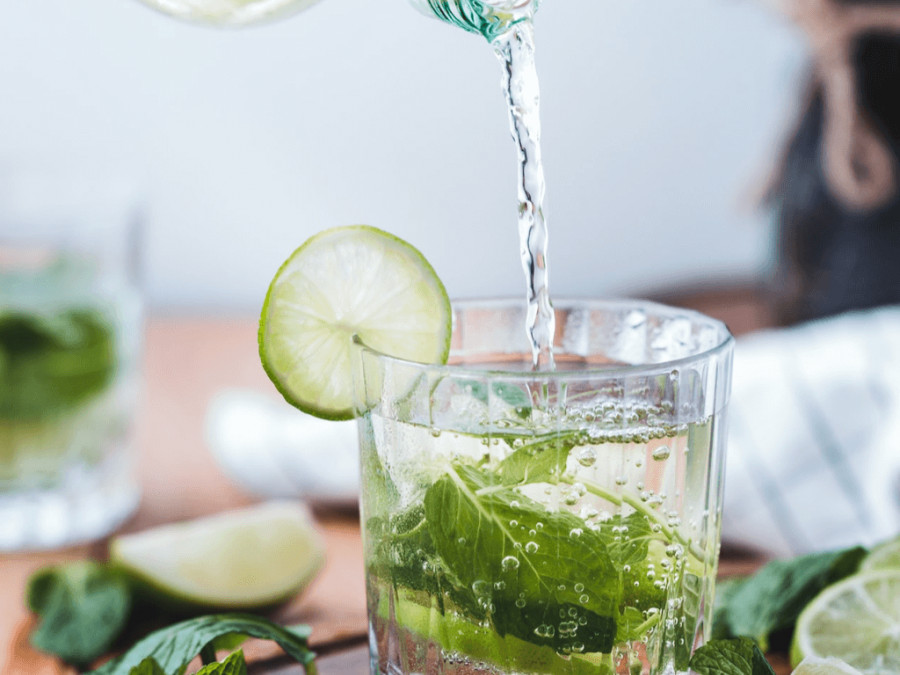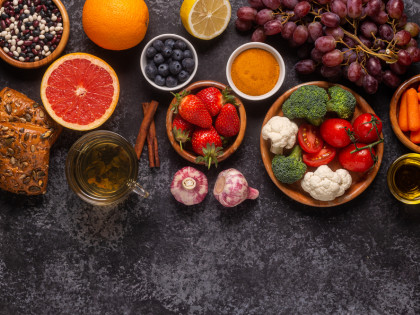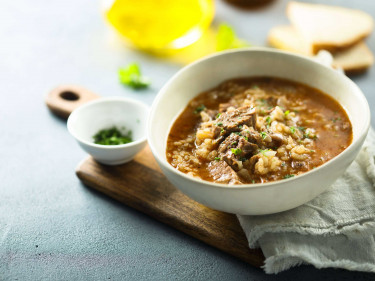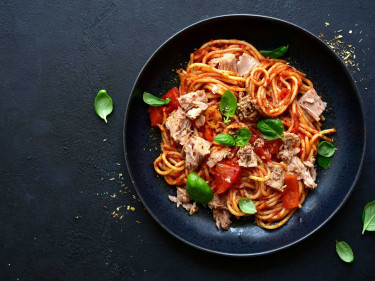The silly season is here! For most of us, that means time off work, celebrating and relaxing with family and friends. This presents more opportunity to consume alcohol, and even more so as many of us will be celebrating the end of 2020!
Whilst this can be a normal part of celebrating, excessive alcohol consumption can have many detrimental short and long term health effects. Plus, alcohol can easily blow your budget and send your spending way over. Choosing to reduce alcohol can have many social, mental and financial benefits, you might be surprised how many!
If you’re considering a dry(ish) December, these are our top tips…
- Plan ahead! If your calendar is jam-packed with different end-of-year events, choose which events you will be alcohol free for.
- Volunteer to be the designated driver for the evening. Not only will it limit alcohol intake, but it also helps you to save money on drinks out, as well as alternative transport for the night. Alternatively, support the people who are driving.
- Plan early morning events such as a gym class or coffee dates with friends and stick to them! Knowing you have to be up early for a gym class or a brunch date will definitely motivate you to cut back on alcohol and feel fresh the next day.
- Plan alternative celebrations and catch-ups that don’t involve alcohol, such as going for a walk, a lunchtime picnic, or breakfast catch ups.
- Get creative in the kitchen and experiment with our range of mocktail and juice recipes so you can still ‘drink’. This year we have developed even more delicious mocktail recipes, like Mint and Berry Spritz, Elderflower and Cucumber Mocktail, or Kombucha Cocktail.
If you want more information - check out our Dry July hack article or see our whole range of drink recipes here.













